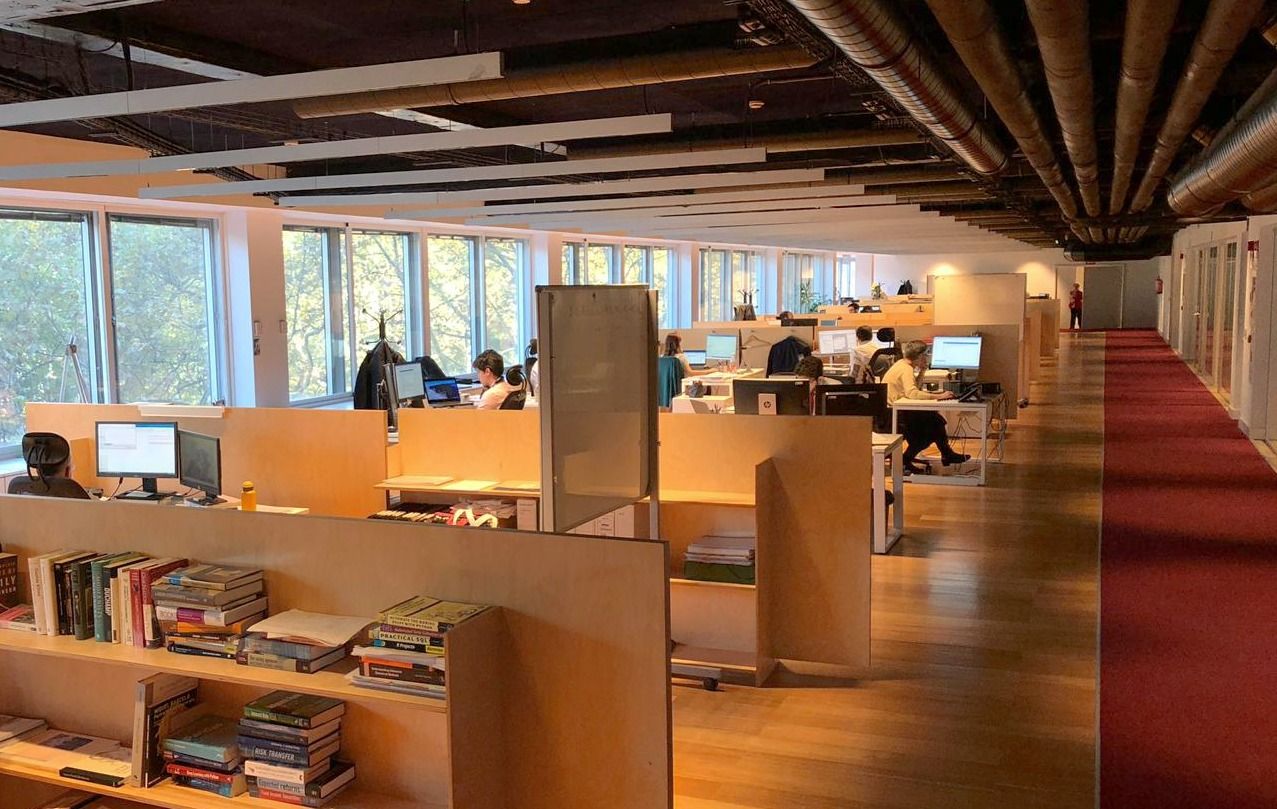The Independent Authority for Fiscal Responsibility (AIReF) will publish its first Opinion on the Minimum Living Income (MLI) in the first quarter of 2022, in accordance with the Work Plan approved by the Institution and which has been published on its website today.
This Opinion is to be published in accordance with the provisions of Article 28.3 of Royal Decree-Law 20/2020, of 29 May, regulating the Minimum Living Income (MLI), which determines that “the result of the Minimum Living Income and the various integration strategies and policies will be evaluated annually by the Independent Authority for Fiscal Responsibility, through the issuance of the corresponding opinion”. This is a new mandatory annual publication in addition to those laid down in the law that established AIReF.
In order to fulfil this new mandate, AIReF has developed a multi-year work programme that addresses the different dimensions required for a thorough evaluation of the MLI. Nine analysis modules have been identified which, subject to the availability of information, will be developed over a five-year period with the distribution set out in the attached diagram.
The successive annual opinions will be published in the first quarter of each year, once all the information for each full annual period has been incorporated and analysed. As new Opinions are published, AIReF will update the results of the previous modules.
In accordance with this multi-year plan, the first Opinion, which AIReF will publish in the first quarter of 2022, will include the development of the first three modules: the first focusing on “Potential design” will address the capacity of the MLI, when fully implemented, to reduce poverty or its intensity (the main objective of this benefit), inequality, its cost, efficiency, as well as complementarity and overlap with the minimum incomes of the Autonomous Regions. The second module on “Results” will analyse the effects of the MLI deployed to date. Finally, aspects relating to “Management and Implementation” will be addressed, analysing the procedures, capacities, status of the records and reasons for rejections and a study will be made of the potential beneficiaries who have not yet received the benefit, a phenomenon known as non-take-up. This first opinion will be made with the data available from the beginning of the operation of this benefit in May 2020 until December 2021.
In 2022, AIReF will work on module 4, “People with severe material needs and single-parent families”, and on module 5, “Children and young people”, whose results will be published in the first quarter of 2023, with the updating of the modules incorporated in the first Opinion.
In 2023 and 2024, the Institution will work on modules 6 and 7, respectively, on “Coverage and scope in situations of transitory poverty” and “The integration capacity of the MLI and its effects on the labour market”. This first schedule of the work plan that will be deployed between 2021-2025 will end with module 8 on “Complementarity and overlaps with other non-contributory benefits”, and module 9, “International comparison (effectiveness and efficiency)” as well as with the presentation of the schedule for the next five years.







